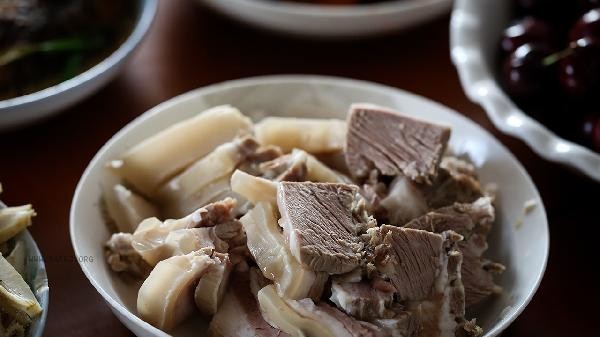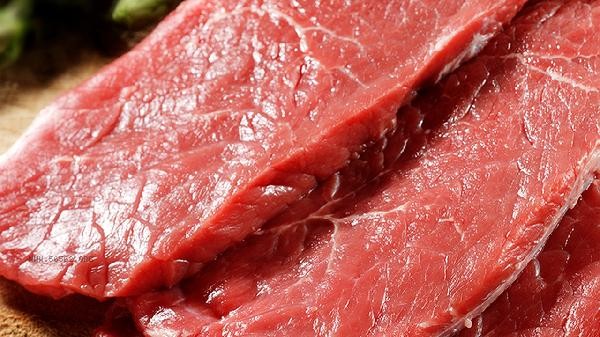Beef deodorization can be achieved through soaking, pickling, blanching, spice neutralization, alcohol treatment, and other methods. There are mainly methods such as soaking in cold water, pickling with acidic seasonings, blanching in boiling water, covering with spices, and cooking with cooking wine or beer.

1. Soak in cold water
Cut the beef into pieces and soak them in clean water for 1-2 hours, changing the water 2-3 times during this period. Blood is the main source of fishy odor, and it can precipitate through osmotic pressure difference. This method is suitable for stewing dishes, as the meat becomes softer after soaking. Pay attention to refrigeration in summer to prevent spoilage, soaking for too long can lead to loss of freshness.
2. Acidic marination
Marinate with acidic liquids such as white vinegar, lemon juice, or pineapple juice for 30 minutes. The acidic substances can decompose the fishy odor molecules. Mix 500g of beef with 15ml of acidic liquid, and add a little salt for better results. Suitable for making steak or grilled meat. After marinating, wipe off the surface moisture before cooking. People with excessive stomach acid should reduce the amount of acidic seasonings used.
3. Blanch whole beef in boiling water
Boil in cold water, skim off the foam, blanch for 3-5 minutes, remove and rinse. High temperature causes proteins to solidify and lock in the meat juice, while removing surface impurities. After blanching, immediately rinse with cold water to stop the heating process and avoid turning the meat into wood. The blanching effect is significant before braising or braising.

4. Spice Coverage
When cooking, add spices such as ginger, scallions, star anise, cinnamon, etc., whose volatile components can mask the fishy smell. During the explosion stage, hot oil is used to stimulate the aroma of spices. When stewing, the amount of spices used is 3-5 slices of ginger per 500 grams of meat. Spices such as Sichuan peppercorns and grass fruits are suitable for heavy flavored dishes, while light dishes can reduce the amount used.
5. Alcohol processing
Use cooking wine, yellow wine, or beer to marinate or cook, and the alcohol evaporates to remove any fishy substances. When stir frying, pour 15 milliliters of cooking wine along the edge of the pot. When stewing, add 50 milliliters for every 500 grams of meat. Enzymes in beer can soften meat, while red wine is suitable for Western style cooking. Alcohol allergy sufferers can use fermented rice residue as a substitute.

Choosing fresh beef is the foundation for removing fishy smell, and it is recommended to purchase parts with bright red color and good elasticity. Pay attention to the hygiene of cutting tools and boards during processing to avoid cross contamination. Different cooking methods can be combined to remove fishy odors, such as soaking first, blanching, and then stewing with spices. Patients with spleen and stomach deficiency and cold should reduce the use of cold spices, and hypertensive patients should control the amount of salt added. When storing, use kitchen paper to absorb moisture and refrigerate for no more than 2 days. When freezing, pack and seal separately. Paired with ingredients such as white radish and hawthorn, it helps with digestion and absorption.









Comments (0)
Leave a Comment
No comments yet
Be the first to share your thoughts!